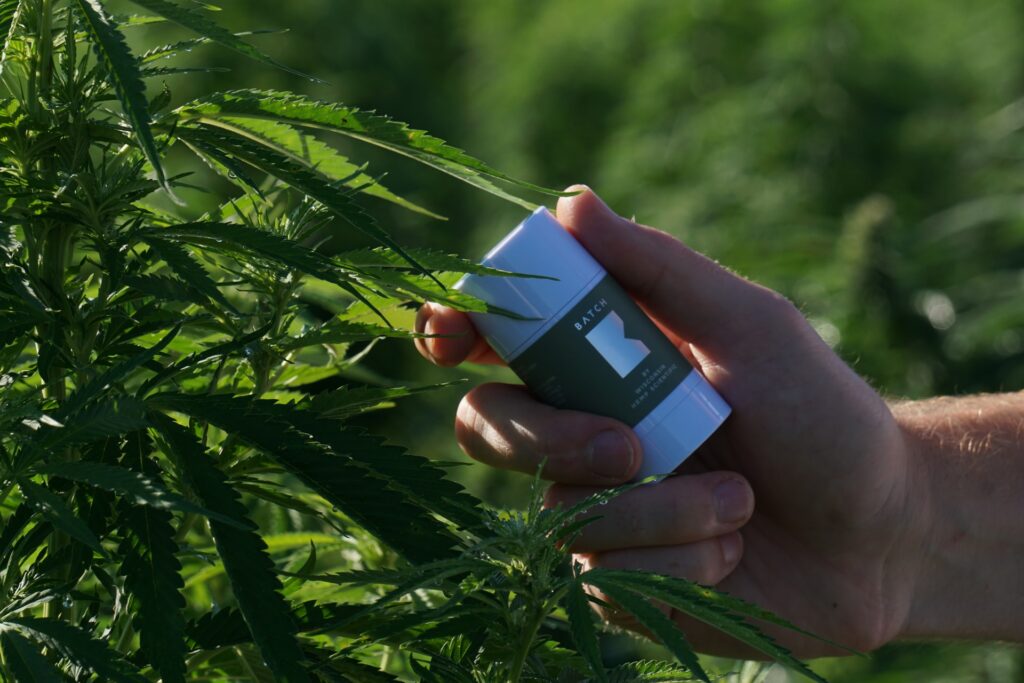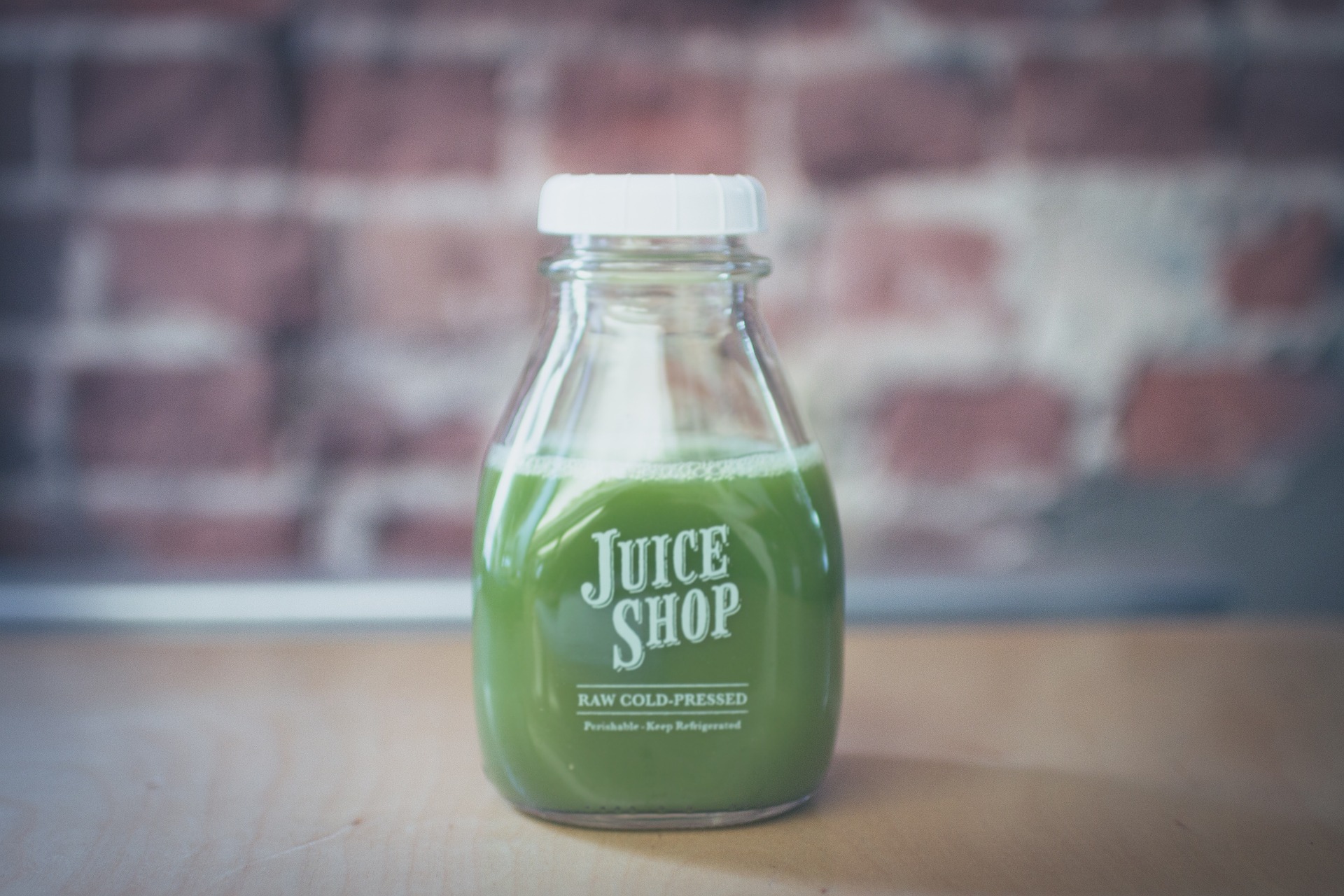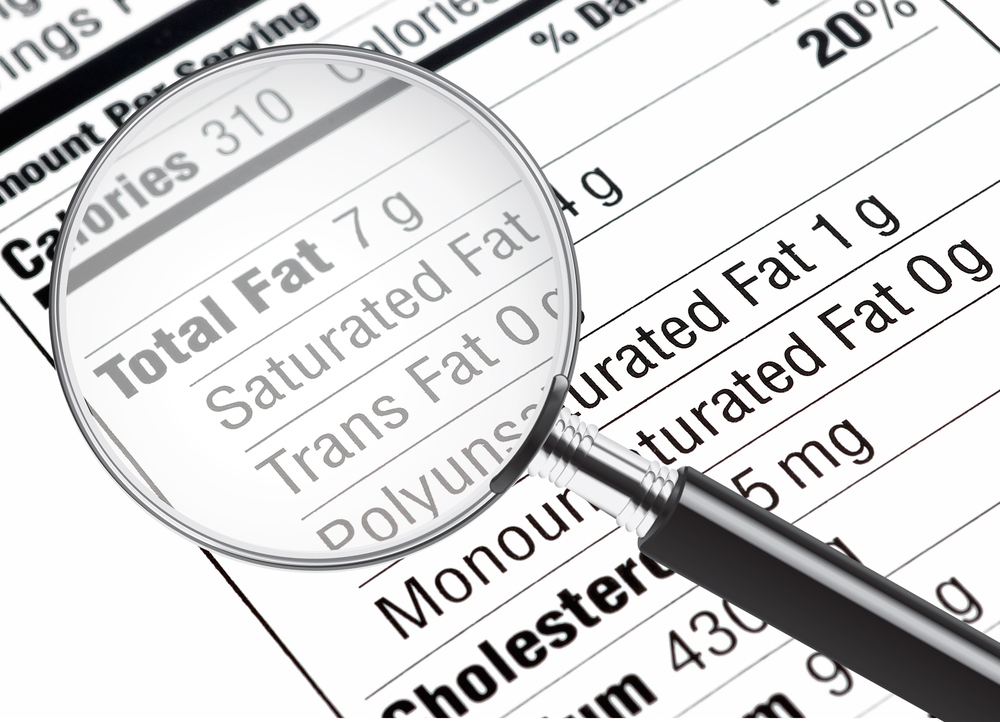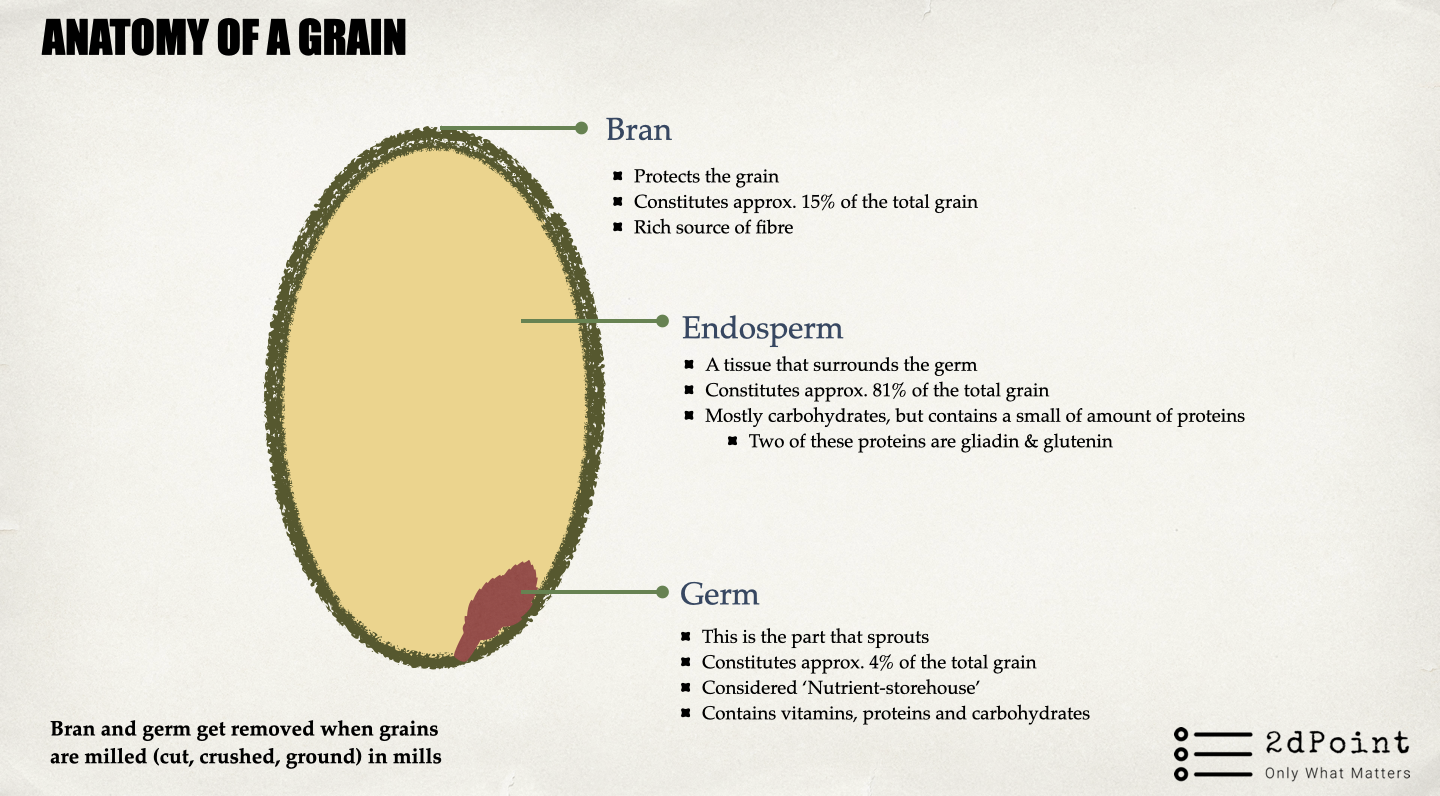Reading Time: 2 minutes
- The plant Cannabis Sativa has two varieties that have been classified based on the amount of a chemical substance called THC (tetrahydrocannabinol), that is present in the plant.
- As per the US law, the first variety, called Hemp has THC up to 0.3% (by dry weight) and the second variety, called Marijuana has THC above 0.3% (in some plants, THC is as high as 35%).
- THC is a psychoactive compound, i.e. it is a combination of different elements such as oxygen & hydrogen, etc. that are structured in a way, which affects the mind.
- So far as science is concerned, there is no difference between hemp and marijuana, but the law sees them differently.
- While in the US, plant varieties containing 0.4% THC are marijuana and not hemp, different countries have different caps on the percentage (some have capped it at 1%).
- These percentages, for now, are said to be arbitrary numbers, which may change as more research on cannabis is done.
- What increases THC in a cannabis plant to change it from hemp to marijuana is still being researched but, so far, genetic structure and environmental factors have been found responsible.
- Lack of knowledge about cannabis is because its cultivation & possession was prohibited in most countries for a good part of the 20th century.
- Before this prohibition, the multiple uses of hemp such as in textiles, food, cosmetics, and construction, made it as highly accepted as cotton.
- Hemp made a comeback when in 2014, the US passed the Farm Bill, which established the difference between hemp and marijuana.
- While THC levels differ in hemp and marijuana, both varieties have another chemical substance called Cannabidiol (CBD), which is believed to have many medicinal properties and can treat many complicated health conditions.
- The demand for cannabis, is, therefore, increasing across the world and many countries are allowing cultivation and possession of cannabis (with regulations).
- And it is because of the increasing worldwide demand for CBD, that the 2014 US Farm Bill was expanded in 2018 to allow increased hemp cultivation (instead of just pilot programs).
- China is currently the world’s largest exporter of hemp products, but the US is making huge investments in the sector and a lot of demand is being fuelled by the US.
Image courtesy of Batch through Unsplash






















